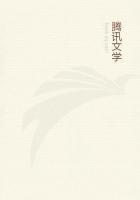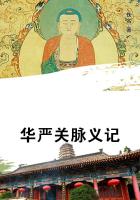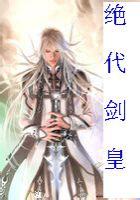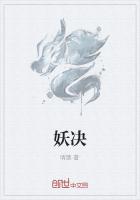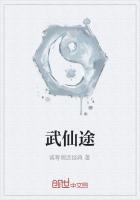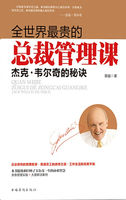The reaction to the unexpected is an important adjustment in character. There are situations beyond the power of any of us quickly to adjust ourselves to and we expect the great catastrophe to surprise and overwhelm. Nevertheless, we judge people by the way they react to the unexpected; the man who rallies quickly from the confusion of surprise is, we say, "cool-headed," keeps his wits about him; and the man who does not so rally or adjust "loses his head,"--"loses his wits." Part of this cool-headedness is not only the rallying from surprise but also the throwing off of fear. A warning has for its purpose, "Don't be surprised!" and training must teach resources against the unexpected. "If you expect everything you are armed against half the trouble of the world." The cautious in character minimize the number of surprises they may get by preparing. The impulsive, who rarely prepare, are always in danger from the unforeseen. Aside from preparation and knowledge, there is in the condition of the organism a big factor in the reaction to the unexpected. Fatigue, neurasthenia, hysteria and certain depressed conditions render a man more liable to react excessively and badly to surprise. The tired soldier has lessened resources in wit and courage when surprised, for fatigue heightens the confusion and numbness of surprise and decreases the scope of intelligent conduct. Choice is made difficult, and the neurasthenic doubt is transformed to impotence by surprise.
Face to face with what is recognized as superior to ourselves in a quality we hold to be good, we fall into that emotional state, a mingling of surprise and pleasure, called admiration. In its original usage, admiration meant wonder, and there is in all admiration something of that feeling which is born in the presence of the superior. The more profound the admiration, the greater is the proportion of wonder in the feeling.
We find it difficult to admire where the competitive feeling is strongly aroused, though there are some who can do so. It is the essence of good sportsmanship, the ideal aimed at, to admire the rival for his good qualities, though sticking fast to one's confidence in oneself. The English and American athletes, perhaps also the athletes of other countries, make this part of their code of conduct and so are impelled to act in a way not entirely sincere. Wherever jealousy or envy are strongly aroused, admiration is impossible, and so it comes about that men find it easy to praise men in other noncompetitive fields or for qualities in which they are not competing. Thus an author may strongly admire an athlete or a novelist may praise the historian; a beautiful woman admires another for her learning, though with some reservation in her praise, and a successful business man admires the self-sacrificing scientist, albeit there is a little complacency in his approval.
He is truly generous-hearted who can admire his competitor. I do not mean lip-admiration, through the fear of being held jealous.
Many a man joins in the praise of one who has outstripped him, with envy gnawing at his heart, and waits for the first note of criticism to get out the hammer. "He is very fine--but" is the formula, and either through innuendo, insinuation or direct attack, the "subordinate" statement becomes the most sincere and significant. But there are those who can admire their conqueror, not only through the masochism that lurks in all of us, but because they have lifted their ideal of achievement and character higher than their own possibilities and seek in others the perfection they cannot hope to have in themselves. In other words, where competition is hopeless, in the presence of the greatly superior, a feeling of humility which is really admiration to the point of worship comes over us, and we can glory in the quality we love. To admire is to recede the ego-feeling, is to feel oneself in an ecstasy that becomes mystical, and in that sense the contradiction arises that we feel ourselves larger in a unification with the admired one.
Each age, each country, each group and each family set up the objects and qualities for admiration, in a word, the ideals. Out of these the individual selects his specialties in admiration, according to his nature and training. All the world admires vigor, strength, courage and endurance,--and these in their physical aspects. The hero of all times has had these qualities: he is energetic, capable of feats beyond the power of others, is fearless and bears his ills with equanimity. Beauty, especially in the woman, but also in man, has received an over-great share of homage, but here "tastes differ." We have no difficulty in agreement on what constitutes strength, and we have objective tests for its measurement; but who can agree on beauty? What one race prizes as its fairest is scorned by another race. We laugh at the ideal of beauty of the Hottentot, and the physical peculiarity they praise most either disgusts or amuses us. But what is there about a white skin more lovely than a black one, and why thrill over blue eyes and neglect the brown ones? What is the rationale for the admiration of slimness as against stoutness? Indeed, there are races who would turn with scorn from our slender debutante[1] and worship their more buxom heavy-busted and wide-hipped beauties. The only "rational" beauty in face and figure is that which stands as the outer mask of health, vigor, intelligence and normal procreative function. The standards set up in each age and place usually arise from local pride, from the familiar type. The Mongolian who finds beauty in his slanting-eyed, wide-cheek boned, yellow mate has as valid a sanction as the Anglo-Saxon who worships at the shrine of his wide-eyed, straight-nosed blonde.

